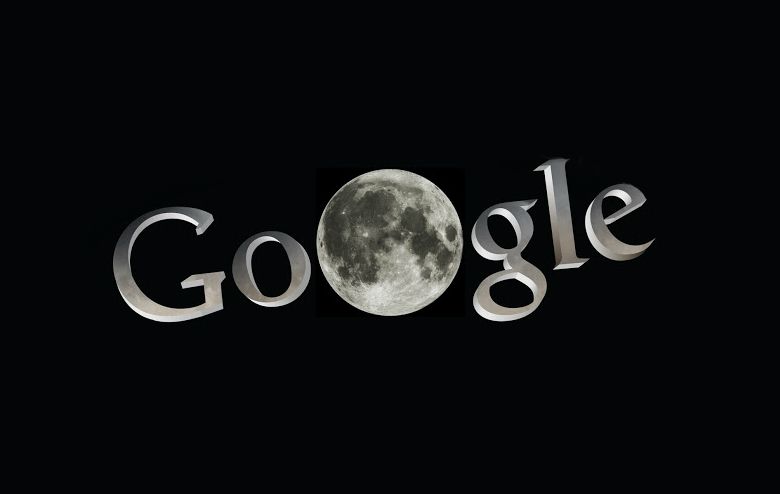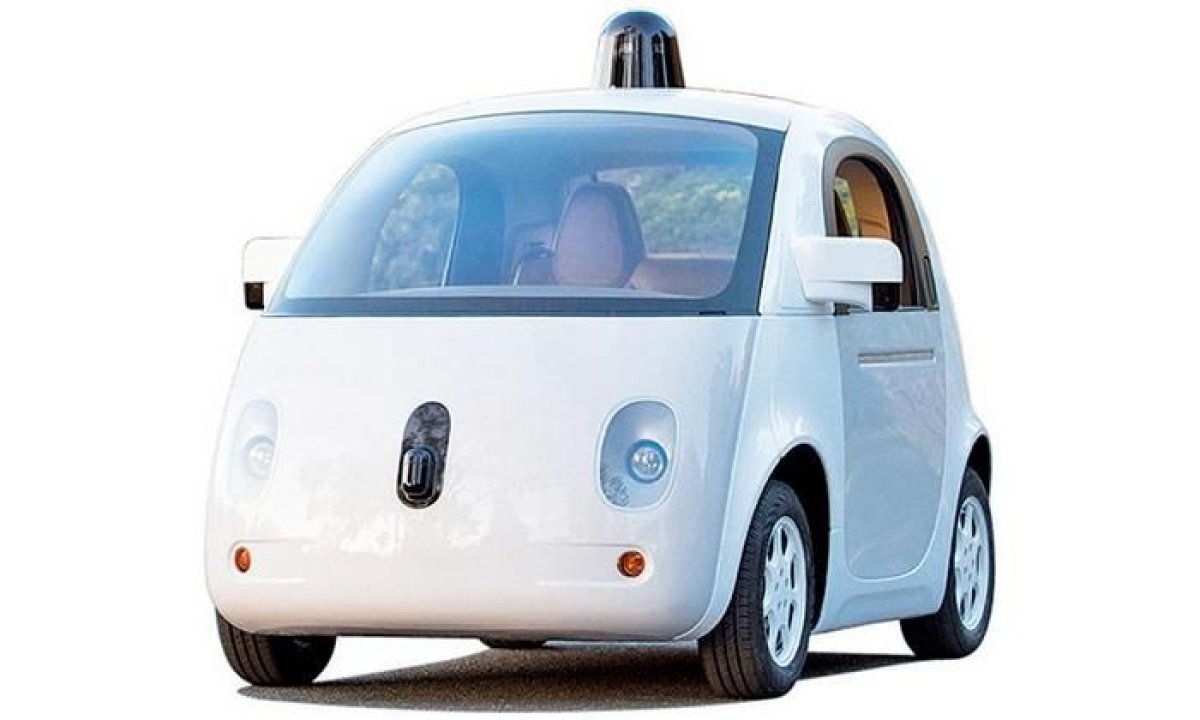
Google is betting big on failure. The company's 6-month-old parent company Alphabet revealed on Monday that it had spent close to $4 billion in 2015 on far-out futuristic projects known within the company as "moonshots". Most of them are expected to lose the search giant a lot of money.
NASA's Apollo 11, the first space mission to land humans on the moon, cost $355 million in 1969—the equivalent of about $2.28 billion today. By that measure, Google could have almost afforded to carry out two moon missions last year. Instead it's aiming even higher.
Failed projects to come out of the secretive Google X division of Alphabet include a jetpack, a space elevator and a teleportation device (really). Those projects still being funded are no less ambitious, ranging from a balloon-based Internet system to a research center dedicated to curing death.
To find out exactly where that $4 billion went in 2015, Newsweek takes a look at some of Google's biggest moonshots.
Self-Driving Cars
Perhaps Google's most well-known moonshot is its mission to build a self-driving car. The stated aim is to allow anyone to get around, "regardless of their ability to drive," while also improving road safety. There are around 1.2 million deaths from traffic accidents worldwide each year, with 94 percent of those in the U.S. caused by human error.
Using a combination of sensors and advanced mapping algorithms and software, Google's Self-Driving Car Project has developed a fleet of test vehicles that range from modified Lexus SUVs to new prototype vehicles designed from the ground up.

In its self-driving car report for January, Google revealed that its vehicles clock up 3 million miles each day in virtual simulations, supplementing the thousands of miles of road tests it carries out each month.
There's still a way to go before the cars are made available to the public, however, with regulation being the biggest hurdle. A first draft of proposed regulations for the public use of autonomous vehicles, published in December, was described by Google spokesman Johnny Luu as "gravely disappointing".
Calico Anti-Aging Project
Google co-founder Sergey Brin has said that he hopes to someday "cure death". To achieve this, he is backing the life-extension company Calico. While curing cancer would be seen as a great achievement, it is ending and even reversing aging that is seen as the ultimate goal.
"We think of solving cancer as this huge thing that'll totally change the world," Brin said in a 2013 interview with Time. "But when you really take a step back and look at it, yeah, there are many, many tragic cases of cancer, and it's very, very sad, but in the aggregate, it's not as big an advance as you might think."
A lot of mystery still surrounds the biotech company, though several high-profile scientists have been recruited in the push to develop age-defying drugs.
Tom Johnson, an early pioneer in life-extension sciences, believes Calico has the money and the backing "to do almost anything it wants."
Google Glass
From smartphones, to smartwatches...to smartglasses? Google Glass is widely considered to be a failure as it never really lived up to the hype that surrounded it upon its unveiling in 2012.
The $1,500 glasses offered the wearers the ability to check their emails through a head-up display, as well as record video through a small camera embedded at the edge of the frame. However, its awkward appearance and concern about the way the camera could intrude on people's privacy resulted in poor sales.

The final nail in the coffin seems to have come last month, when Alphabet shut down several social media accounts associated with Google Glass. The Twitter, Facebook and Instagram accounts were all closed with just a note posted to the gadget's Google Plus page.
"Hi Explorers, we've had a blast hanging out with you on G+ throughout the Explorer Program," the post stated. "From now on, if you have any questions about your Glass, you can get in touch with us."
Project Ara
Google spent a lot of money and time convincing the world that the future of electronics is modular. The tech giant said modularity would make a smartphone more mendable, easier to upgrade and would reduce electronic waste.
Project Ara was the answer and was set to launch the world's first modular smartphone at the end of 2015. Unfortunately for them, a small Dutch startup called Fairphone beat them to it.

The project was due to be trialed in Puerto Rico but production problems have forced Google to delay it until some point in 2016.
"Where are we headed next? We are looking at a few locations in the U.S.," Google said in a tweet last year. "When? 2016. Why? Lots of iterations… more than we thought."
Project Loon
The goal of universal Internet access is something many major tech companies share. While Facebook and SpaceX are testing drones and satellites, Google has focused most of its attention on balloons.
Since forming in 2011, with the ambition of providing 100 percent geographic Internet coverage, Project Loon has put its balloons through millions of miles of test flights across several continents.
Most recently, Project Loon Vice President Mike Cassidy announced that Loon would be used to deliver high-speed Internet to 100 million Indonesians across the country's 17,000 islands using high-altitude weather balloons.
"The Internet is still out of reach for too many people, but we're making progress," said Cassidy in a blogpost in October.
"If all goes well, soon many more millions of people in Indonesia will be able to bring their ideas, culture and businesses online. At that point, the sky's the limit."
Uncommon Knowledge
Newsweek is committed to challenging conventional wisdom and finding connections in the search for common ground.
Newsweek is committed to challenging conventional wisdom and finding connections in the search for common ground.
About the writer
Anthony Cuthbertson is a staff writer at Newsweek, based in London.
Anthony's awards include Digital Writer of the Year (Online ... Read more
To read how Newsweek uses AI as a newsroom tool, Click here.








